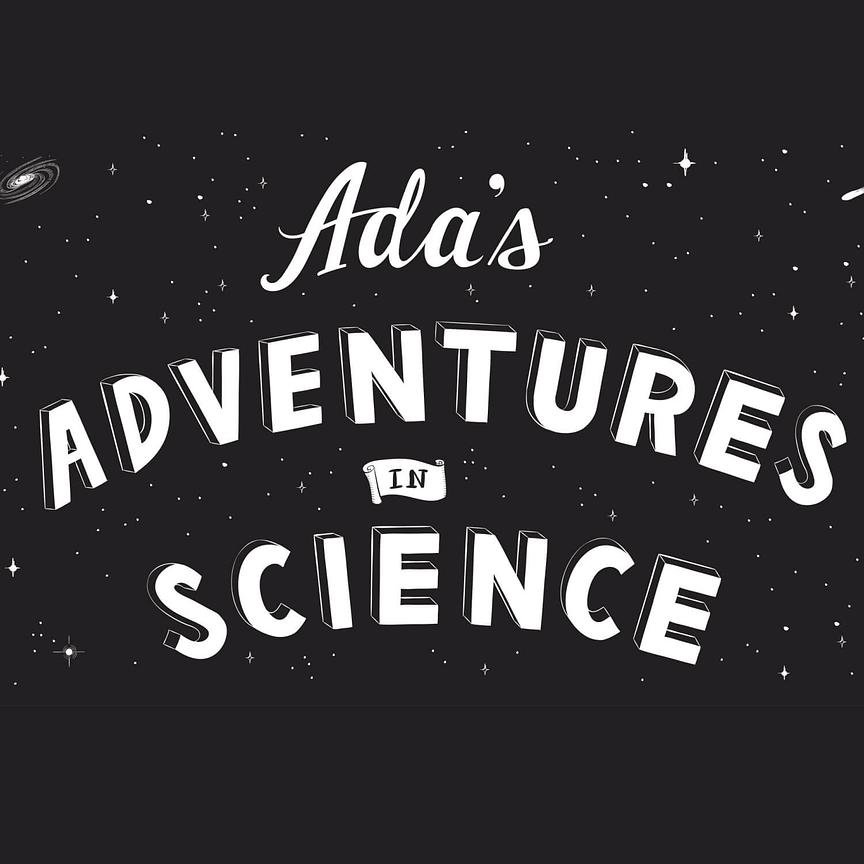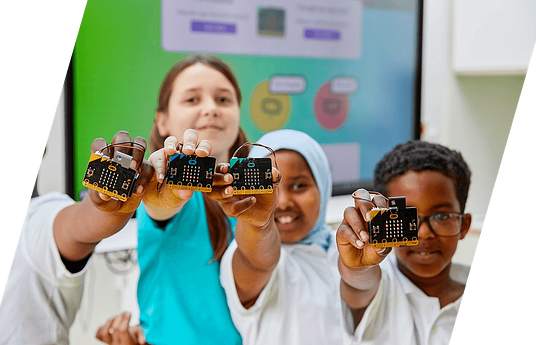Comic Books are an engaging and graphical way to introduce science topics to a diverse audience. As comic book geeks and as a scientist and artist partnership, we (Edward Gomez and Laura Sorvala) created 3 comic books, starting with “There’s no such thing as a stupid question”. We wanted not only to excite kids about science but to empower them to do science. We thought a believable, relatable character having exciting adventures was the way to do it.
The comic book series features Ada, a girl who isn’t afraid to ask questions about the world around her. Ada dreams of doing exciting science and making discoveries like her science heroes, while riding the school bus and playing with her friends. Finally Ada achieves her dream of becoming a professional scientist and taking part in a big discovery, through the course of the 3 comic books.
Inclusivity
As well as exciting kids about science, another major goal of the comic books are to empower them. We believe that anyone can do science; it doesn’t matter where you are from, who you are, what your gender, ethnicity, or background is; if you can ask questions, you can do science.
Why Comic Books?
Although the primary audience for these comic books is school students, they have a wide appeal to a general audience, including adults. Comic book art can be more dynamic and engaging than standard text and picture narratives, allowing us to draw a wide audience into the excitement of scientific discoveries.
Open Source
Because we believe in inclusivity and equity these comic books are available with a creative commons license allowing anyone to freely use and distribute them. We want Ada’s Adventures in Science to inspire as many people as possible to think differently about the world around them.
Sharing around the world
In early 2018 we ran a Kickstarter campaign to print and send comic books to schools around the world. We are very pleased that because of the success of this campaign and have sent over 15,000 comic books in English, German, Spanish and Welsh to schools in USA, UK, Colombia, Austria, Netherlands, South Africa, Zambia, Costa Rica, Uruguay, France, Spain and Nigeria.


